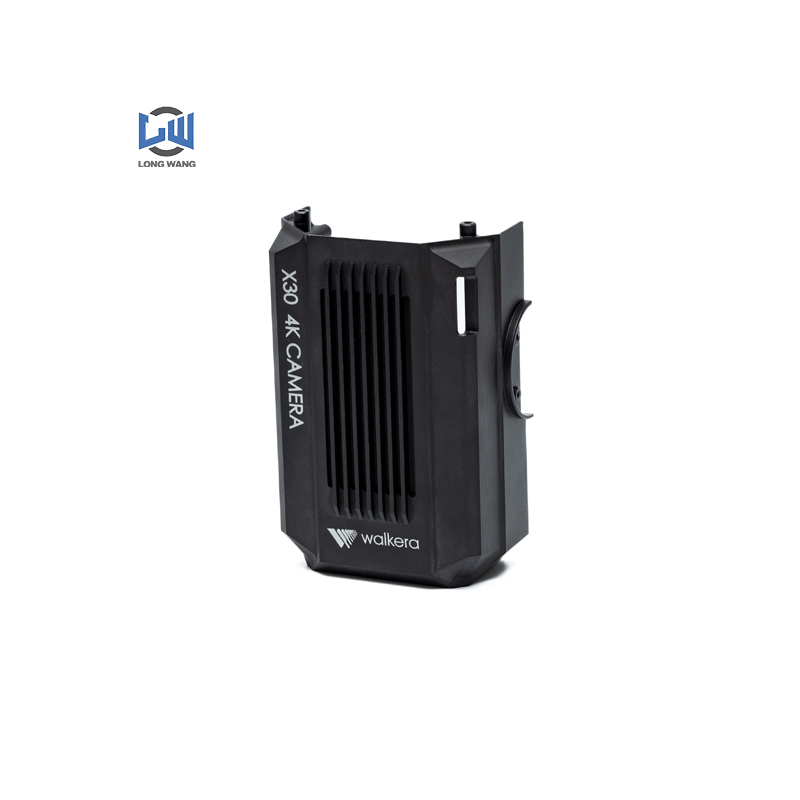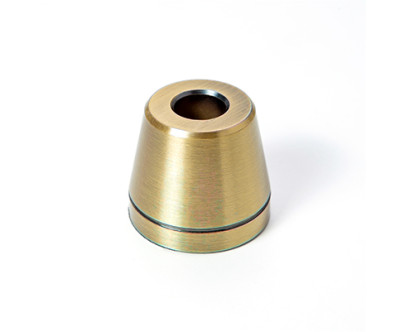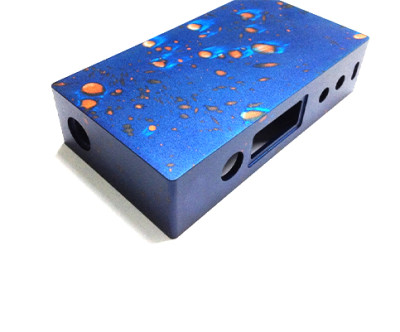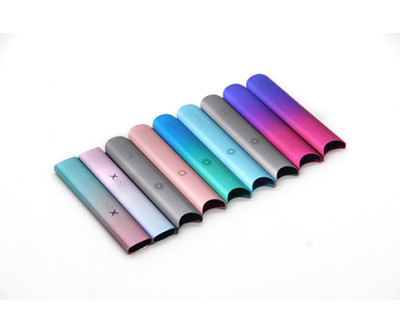Anodized Aluminum Drone Case
Why Anodized Aluminum Is Ideal for Drone Cases
In the rapidly evolving world of drone technology, materials matter. Whether for consumer drones, industrial UAVs, or defense-grade aerial systems, the housing of a drone plays a crucial role in protecting delicate internal electronics, optimizing performance, and maintaining long-term durability. Among the many options available, the Anodized Aluminum Drone Case has emerged as the gold standard—combining lightweight design with strength, corrosion resistance, and sleek aesthetics.
So, what makes anodized aluminum alloy CNC precision housings ideal for drones? Let’s take a closer look.
1. Lightweight Strength-to-Weight Ratio
Drones demand components that are as light as possible without compromising structural integrity. Aluminum alloys, especially grades like 6061-T6, offer an excellent strength-to-weight ratio, allowing drones to fly longer and carry more payload without adding excess weight.
Anodizing doesn’t add significant weight to the material, making it an ideal finishing process that enhances performance without penalty. For drone frames and housings, this balance is essential for flight dynamics and battery efficiency.
2. Corrosion Resistance and Environmental Protection
Drones operate in diverse environments—humid coastal regions, rainy conditions, dusty construction sites, and even extreme temperatures. Anodized aluminum creates a protective oxide layer on the metal surface that resists:
Moisture
Salt spray
UV degradation
Chemical exposure
This makes anodized aluminum drone cases highly suitable for outdoor, industrial, and long-term deployments. The surface doesn’t chip or peel like paint, ensuring long-lasting appearance and integrity.
3. Excellent Thermal Management
Electronic components within a drone—such as ESCs, GPS modules, batteries, and CPUs—generate significant heat. Unlike plastic, aluminum conducts heat efficiently, helping dissipate internal heat buildup during operation.
Anodizing enhances this function by providing a microporous surface that can further assist passive cooling and heat exchange. This leads to improved thermal regulation, protecting sensitive electronics and extending their lifespan.
4. Superior Surface Hardness and Wear Resistance
Anodized aluminum is significantly harder than untreated aluminum or plastic. The anodic coating provides:
Increased scratch resistance
Improved impact resistance
Better performance in abrasive or high-friction environments
This is especially important in drones used for agriculture, delivery, aerial mapping, and other commercial tasks where devices are exposed to rough handling, landing impacts, or constant motion.
5. Precision Fit for Modular Components
Most anodized drone cases are CNC machined, ensuring tight tolerances and exact alignment of components such as:
Mounting points for motors or propellers
Cutouts for cameras, sensors, and cooling vents
Secure locking mechanisms for battery compartments
CNC precision machining guarantees that all modules fit together perfectly—vital for aerodynamics, safety, and upgradeability.
6. Aesthetic Appeal and Branding Options
Anodizing allows manufacturers to add color to aluminum without paint. Common finishes include black, silver, red, blue, and custom tints, enabling drone brands to offer:
A premium look and feel
UV-stable colors that won't fade
Laser-engraved logos for brand identity
The aesthetic quality is a strong selling point in the consumer drone market, where users care about appearance as much as performance.
7. Environmentally Friendly and Recyclable
Anodized aluminum is a sustainable material choice. It is:
Non-toxic and safe for use in electronics
100% recyclable without loss of material properties
Low-maintenance and long-lasting, reducing replacement waste
For drone manufacturers looking to meet green standards or eco-conscious buyers, aluminum housings are a compelling option.
8. Cost-Effective for Mid to High Volume Production
While CNC machining and anodizing may seem expensive, for mid- to high-volume production, the cost is highly competitive considering the product’s lifespan, reduced maintenance, and premium finish. In professional or commercial drone applications, investing in anodized aluminum pays off in durability and brand perception.
Use Cases: Where Anodized Aluminum Drone Cases Excel
Aerial Photography & Filmmaking – Lightweight, stylish, and durable
Industrial Inspection Drones – High resistance to dust and impact
Agricultural Drones – Withstand chemicals and outdoor conditions
Delivery Drones – Reliable housing for weatherproof protection
Military and Tactical UAVs – Ruggedized design with EMI shielding
Conclusion
If you're designing or sourcing enclosures for high-performance drones, an Anodized Aluminum Alloy CNC Precision Drone Case offers a superior blend of strength, thermal efficiency, visual appeal, and corrosion resistance. From design flexibility to environmental reliability, this material and manufacturing method combination is truly ideal for today’s drone applications.
Whether you're an OEM, startup, or drone accessory brand, investing in anodized aluminum drone cases is a strategic decision for quality, durability, and customer satisfaction.



